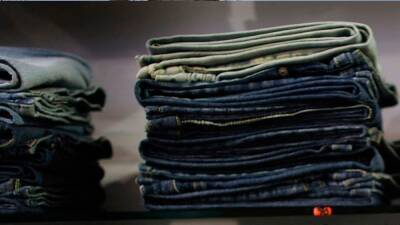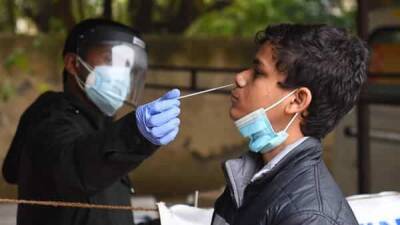Taliban announce poppy production ban in Afghanistan
An Afghan farmer cuts into a poppy bulb to extract the sap, which will be used to make opium, in a field May 6, 2002 in the village of Markhanai in the Tora Bora region of Afghanistan. (Photo by Joe Raedle/Getty Images) KABUL, Afghanistan (AP) - Afghanistan’s ruling Taliban announced a ban Sunday on poppy production, even as farmers across the country began harvesting the bright red flower that produces the opium used to make heroin.The order warns farmers that their crops will be burned and they can be jailed if they proceed with the harvest.
The ban is reminiscent of the Taliban's previous rule in the late 1990s when the religion-driven movement outlawed poppy production.
At that time, the ban was staggered and implemented countrywide within two years. The U.N. verified that production had been eradicated in most of the country.However, after their ouster in 2001 farmers in many parts of the country reportedly plowed over their wheat fields — which had been almost impossible to bring to market because of the lack of roads and infrastructure — and returned to poppy production.During the last years of the Taliban rule, wheat was rotting in fields because the farmers were unable to bring it to market to be sold and ground into flour.Poppies are the main source of income for millions of small farmers and day laborers who can earn upwards of $300 a month harvesting them and extracting the opium.Today, Afghanistan is the world's largest producer of opium and in 2021, before the Taliban takeover, produced more than 6,000 tons of opium, which a report from the U.N.
Read more on fox29.com



















































